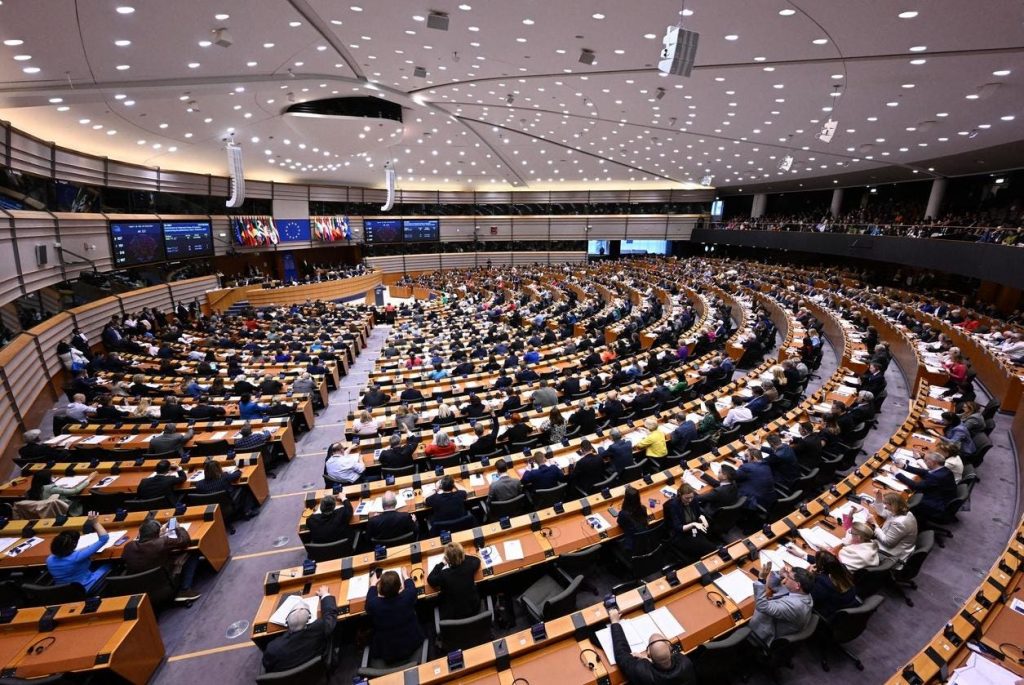The Corporate Sustainability Due Diligence Directive (CSDDD), recently approved by the European Parliament, is one step closer to being formally adopted by the European Union. This directive aims to hold companies accountable for environmental and human rights violations within their supply chain. However, the final version of the CSDDD was significantly weakened from its original proposal to reach a compromise among member states.
The CSDDD, also known as the CS3D, establishes a standard for corporate due diligence on sustainability issues for businesses operating in the EU. This includes a focus on environmental concerns, climate change, and human rights. The directive not only applies to the direct actions of companies but also extends to their subsidiaries and supply chain. EU-based companies, as well as non-EU companies that conduct a certain level of business within the EU, could now be held liable for the actions of their suppliers.
Initially, the CSDDD was set to impact companies with 500 employees and a turnover of €150 million. However, these thresholds have been raised to 1,000 employees and a turnover of €450 million. The directive will be phased in over five years, with larger companies being impacted sooner. Companies with 5,000 employees and €1,500 million turnover will be impacted starting in 2027, followed by companies with 3,000 employees and €900 million turnover in 2028, and companies with 1,000 employees and €450 million turnover in 2029.
After the approval by the European Parliament, the CSDDD is expected to move to the Committee of the Permanent Representatives of the Governments of the Member States to the European Union (COREPER) for a vote on May 15. Following this, a final vote will be held by the Competitiveness Council (COMPET) on May 23. Once adopted by the EU, member states will have two years to implement the directive at the national level.
The journey of the CSDDD to approval was filled with challenges, including 45 days of closed-door negotiations, false starts, and political pressure. The rollercoaster of emotions experienced by sustainability advocates reflected the contentious nature of the discussions. Despite the watering-down of the directive, the approval by the Parliament marks a significant milestone in the push for corporate accountability in sustainability practices.
Overall, the Corporate Sustainability Due Diligence Directive represents a bold step towards holding companies accountable for their impact on the environment and human rights. By establishing a standard for due diligence in supply chains, the EU aims to promote sustainable business practices and ensure that companies are proactive in addressing their social and environmental responsibilities. With the next steps in the adoption process underway, the CSDDD is poised to have a lasting impact on corporate sustainability practices within the EU and beyond.


